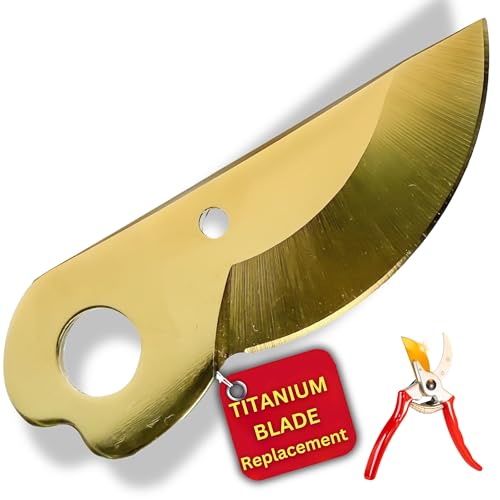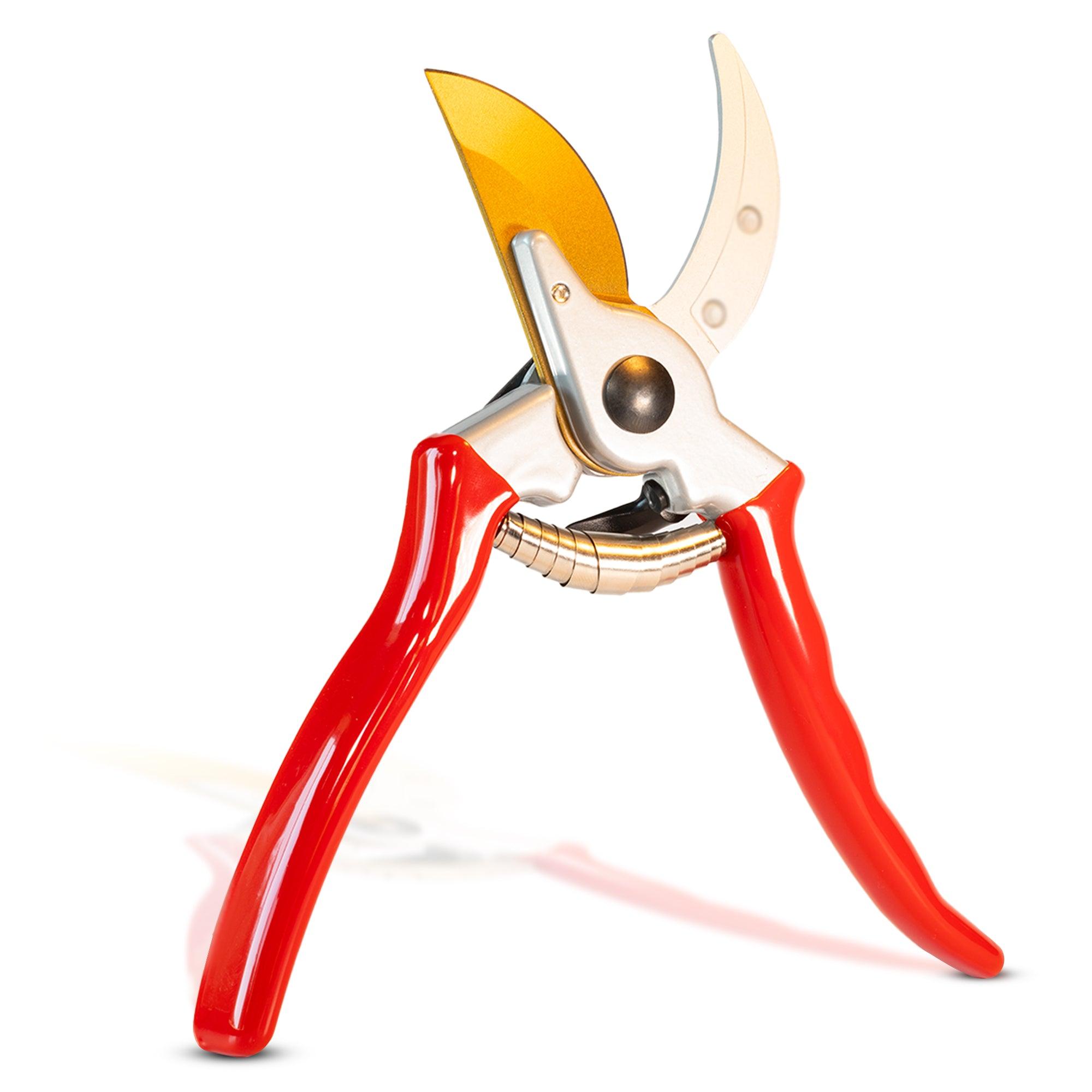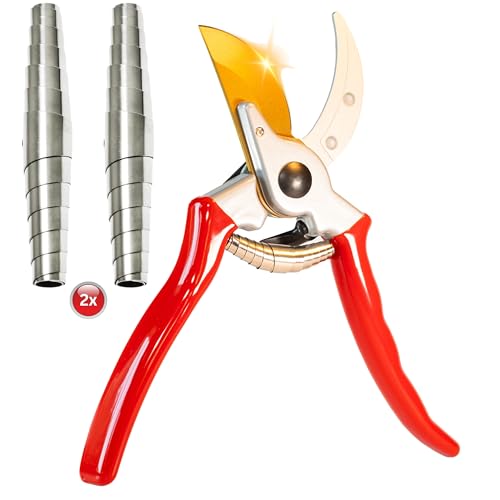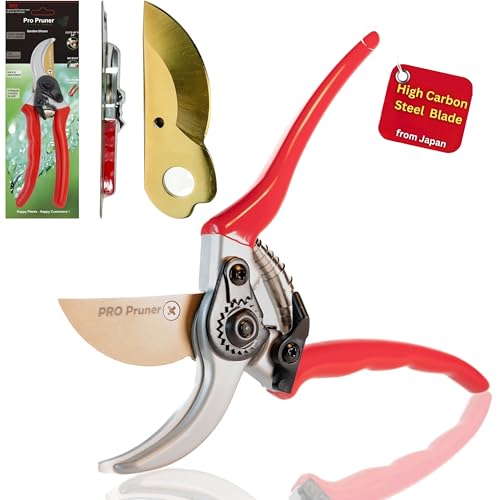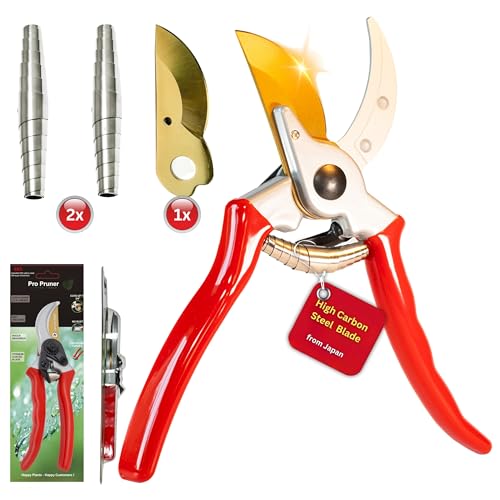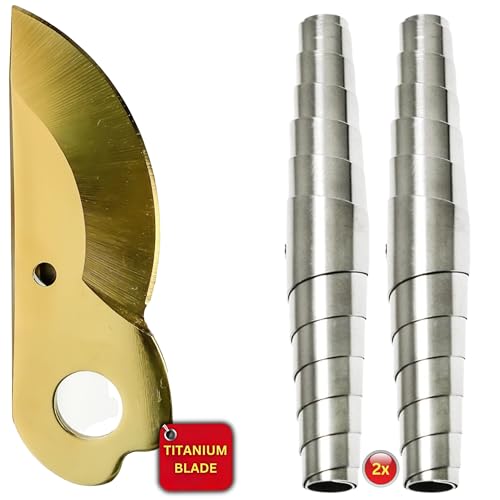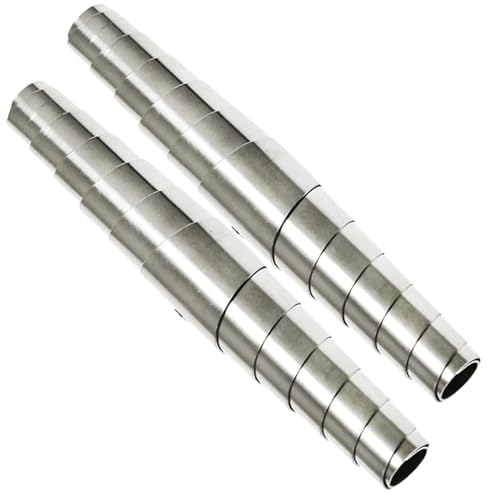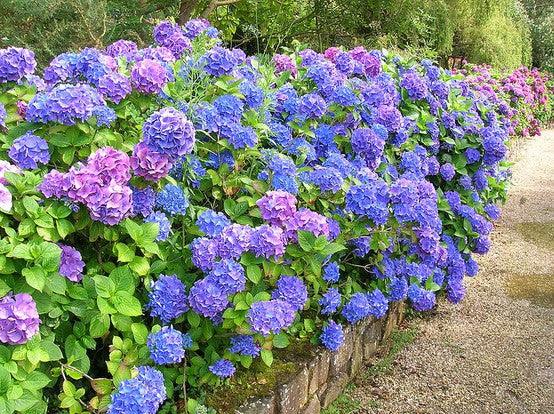
Gardening year-round is a dream for many, but gardening in November? It can be more detrimental than beneficial, especially for those in colder climates. By November, the growing season is winding down, and most plants are entering their dormant phase. If you're still trying to plant or harvest, you might be setting yourself up for disappointment and wasting valuable time and resources.
Here’s why you should reconsider gardening during this late month:
1. Frost and Freezing Temperatures
In many regions across the United States, frost is already making its appearance by November, with temperatures often dipping below freezing at night. Attempting to plant late-season vegetables or flowers may be a futile effort, as they likely won’t survive the cold temperatures. Even if you manage a harvest, there’s a significant risk of damage to your crops—damage that could have been avoided had they been planted earlier in the season.
To ensure your plants thrive through the winter months, consider investing in tools like the Pro Pruners to keep your plants healthy in preparation for the colder season.
2. Slowed Root Growth
Once the first frost hits, root growth naturally slows down, even for established plants. This means that if you're planting perennials or shrubs in November, they won’t have enough time to establish a strong root system before the cold sets in. This could lead to trouble when the temperatures drop, leaving your plants vulnerable to winter stress.
A solid approach to gardening in the off-season involves preparing your tools for next year. Visit our guide on Winter Pruning Tips to learn how to take care of your garden tools and get ready for spring.
3. Wasted Resources
Gardening in November often means you’re investing in plants that are either in dormancy or unlikely to grow successfully. This leads to wasted time, water, fertilizers, and energy. Instead of giving your plants what they need to thrive, you might be contributing to unnecessary resource use, including excess water consumption and fertilizer runoff, which harms the environment.
If you’re unsure about what to plant or how to care for your garden during the colder months, our Garden Planning Guide provides helpful tips for making the most of your gardening space in the long run.
4. Misleading Advice Circulating Online
There’s a lot of advice online encouraging gardeners to plant in November, especially when it comes to winter crops or extending harvest times. However, these tips often apply only to specific climates or microclimates. For the majority of the country, it's simply too late to plant anything substantial. If you’re in a region where temperatures are already low, it's better to prepare your garden for the spring season rather than forcing plants into late growth.
If you're unsure about the best crops to grow during the colder months, check out our Winter Gardening Tips for advice on how to garden effectively when the weather cools down.
5. The Importance of Garden Prep
Rather than planting, November should be reserved for garden prep. Use this time to clean up your garden, finish late-season composting, and get your tools ready for the next growing season. Additionally, check your garden structures for repairs, such as mending fences or reinforcing supports. With the right preparation, you’ll be in a much stronger position when spring arrives.
If you’re planning to maintain a strong garden next year, you’ll need the right gear. Explore our Pro Pruners Tools to find quality tools designed to help you with all your gardening tasks.
Conclusion: Know When to Rest Your Garden
Let’s be honest—gardening has its off-seasons. While it’s tempting to keep pushing your plants into November, the reality is that many won’t thrive during this time. There’s nothing wrong with allowing your garden to rest and preparing for the next season instead.
Do you agree that November gardening is often a waste of time, or do you have success with late-season planting? Share your thoughts below!

